Afe4490 Integrated Analog Front End (afe) For Pulse Oximeters Evaluation Module In Pakistan
₨ 80,000
What is Analog Front End?
An analog front-end (AFE or analog front-end controller AFEC) is a set of analog signal conditioning circuitry that uses sensitive analog amplifiers, often operational amplifiers, filters, and sometimes application-specific integrated circuits for sensors, radio receivers, and other circuits to provide a configurable and flexible electronics functional block, needed to interface a variety of sensors to an antenna, analog to digital converter or in some cases to a microcontroller.
The AFE44x0SPO2EVM is intended for evaluating AFE4400 and AFE4490 devices. The family of devices is fully integrated AFE ideally suited for Pulse Oximeter applications and consist of low noise receive channel, the LED transmit section and diagnostics for sensor and LED fault detection. The AFE4400/AFE4490 has very highly configurable timing controller enabling the user to have complete control of the device’s timing characteristics. The device also has an integrated oscillator working off an external crystal to ease clocking requirements and provide a low jitter clock to the AFE44x0. The device communicates to an external host processor using the Serial Peripheral Interface (SPI).
The purpose of the AFE44x0SPO2EVM is to expedite evaluation and system development activities related to AFE44x0 devices.
What is Pulse Oximeters Evaluation?
Monitoring oxygen saturation by using pulse oximetry (Spo2) is a common method for assessing respiratory status in critically ill patients. With pulse oximeters, light-emitting diodes are applied to an area of the body with good local blood flow.
Features:
- DB9 pulse oximeter sensor cable support
- Acquire data at up to 3000 Hz in evaluation mode
- USB based power and PC application connectivity
- Access to all AFE44x0 registers via an easy to use GUI
Package Include:
1XAFE4490 Integrated Analog Front End (AFE) for Pulse Oximeters Evaluation Module



Be the first to review “Afe4490 Integrated Analog Front End (afe) For Pulse Oximeters Evaluation Module In Pakistan” Cancel reply
Related products
Arduino Development Boards
Industrial Components
Gy-50 L3g4200d Three-axis Digital Gyro Sensor Module Angular Velocity Module In Pakistan






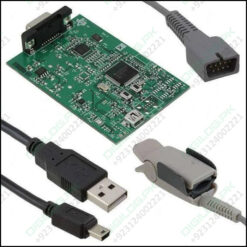
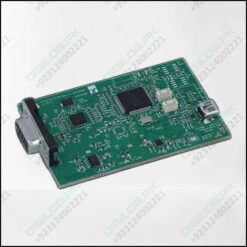
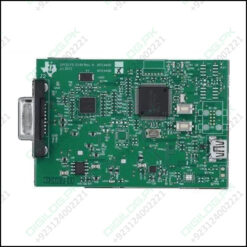
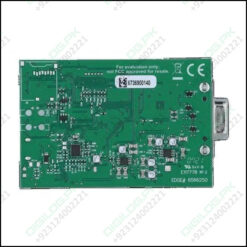
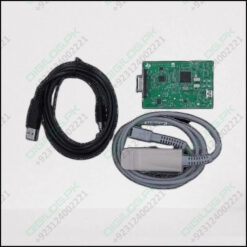
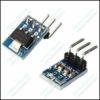
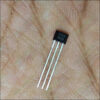
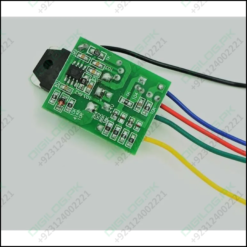
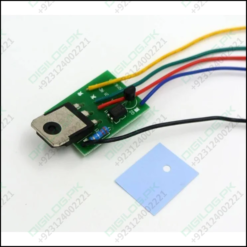
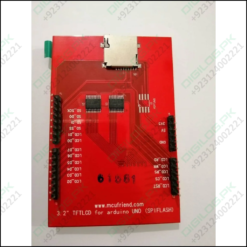
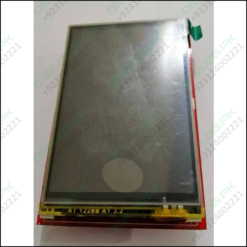


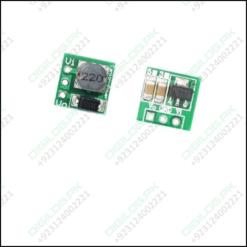


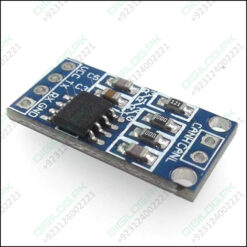
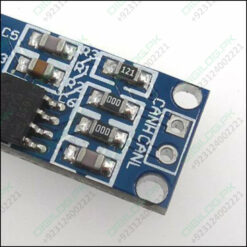
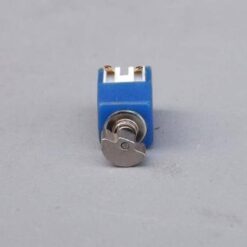
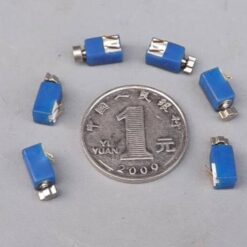
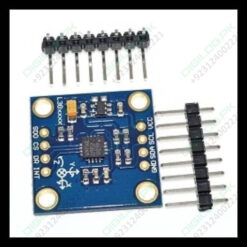

Reviews
There are no reviews yet.